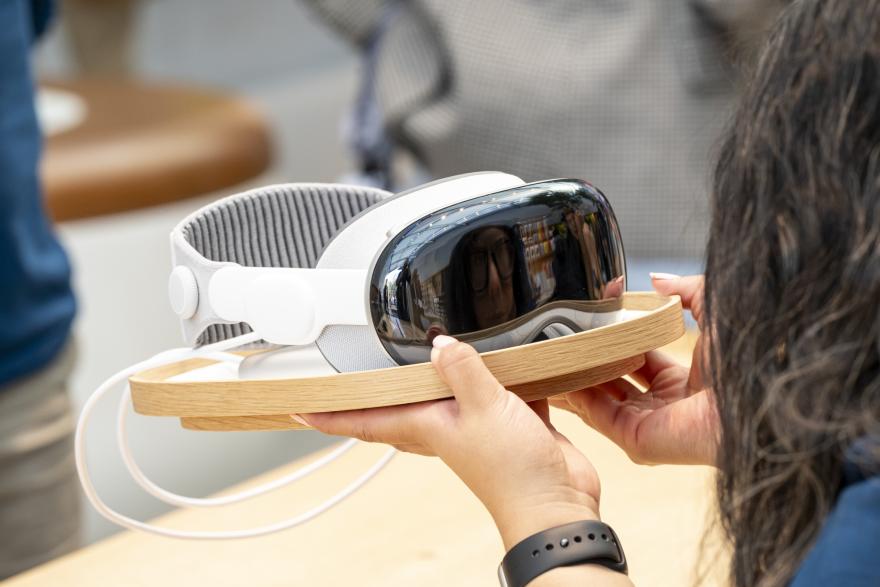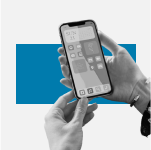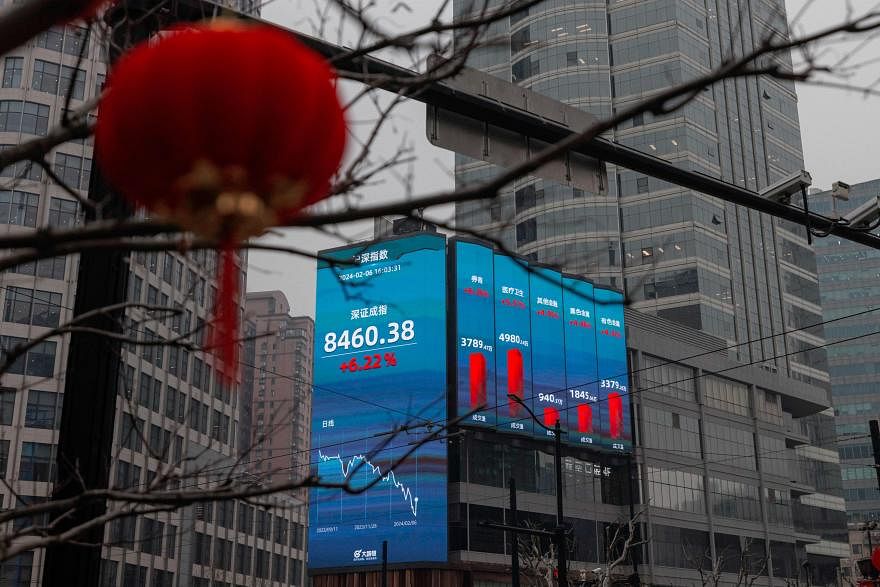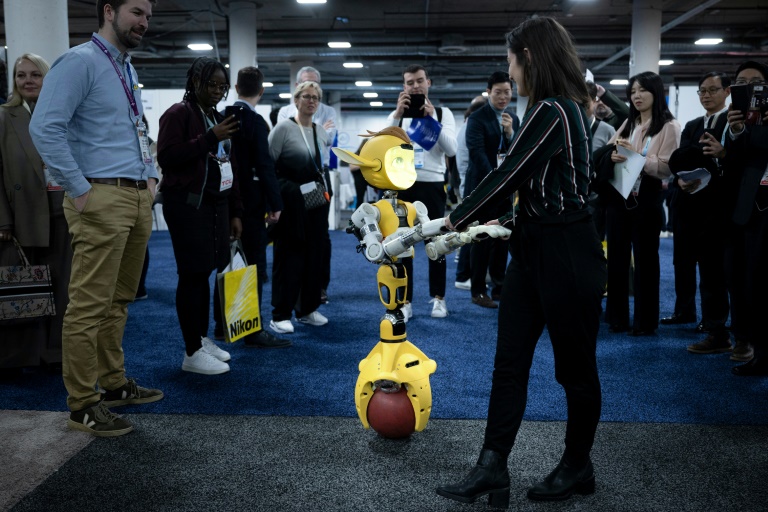[ad_1]
APPLE’s limited release of the Vision Pro headset is fostering a resale market that’s pricing the device far beyond its US$3,500 starting price.
On Japan’s Mercari marketplace, the base 256GB model sold for 800,000 yen (S$7,245), sellers on China’s Taobao are asking 36,000 yuan (S$6,811) and there’s one seller on Singapore’s Lazada seeking S$8,500 for the device. In Hong Kong’s bustling Mong Kok, an electronics importer specialising in getting gadgets early asks for HK$35,800 (S$6,150), with the price shifting on a daily basis. His advice: best to wait.
Cupertino, California-based Apple put the Vision Pro on sale in a limited number of stores in the United States at the start of this month, with an elaborate setup and customisation process for each buyer. The company wants to ensure an optimal first experience with its virtual reality (VR) goggles – which it dubs a spatial computer, owing to the hand gestures used to control it.
Questions remain about how big the consumer market is for so-called extended reality (XR) devices, especially ones with a price such as the Vision Pro. But the gadget’s early exclusivity is pushing prices up.
“Our observations indicate inflated prices on unofficial channels, reaching up to 40,000 yuan for Vision Pro units,” Counterpoint Research analyst Ivan Lam said. “However, these purchases likely represent a limited supply, originating from outside markets and deviating from typical consumer behaviour.”
The drive to acquire an early unit of the new device comes from various sources, IDC analyst Bryan Ma said. Beyond dedicated Apple fans, overseas software developers as well as industry players and rivals will want to get hands-on experience quickly to figure out their next steps, according to Ma.
Apple’s main rival in the space is Meta Platforms, the leader in VR with its Quest goggles. While the Quest is not in the same price class as the Vision Pro, there is an incumbent there: Finland’s Varjo Technologies Oy. Set up by former Nokia engineers, Varjo has a long list of enterprise customers for its XR glasses, which cost upward of US$3,990 and are used for tasks such as pilot training and industrial design visualisation. BLOOMBERG
[ad_2]
Source link



















